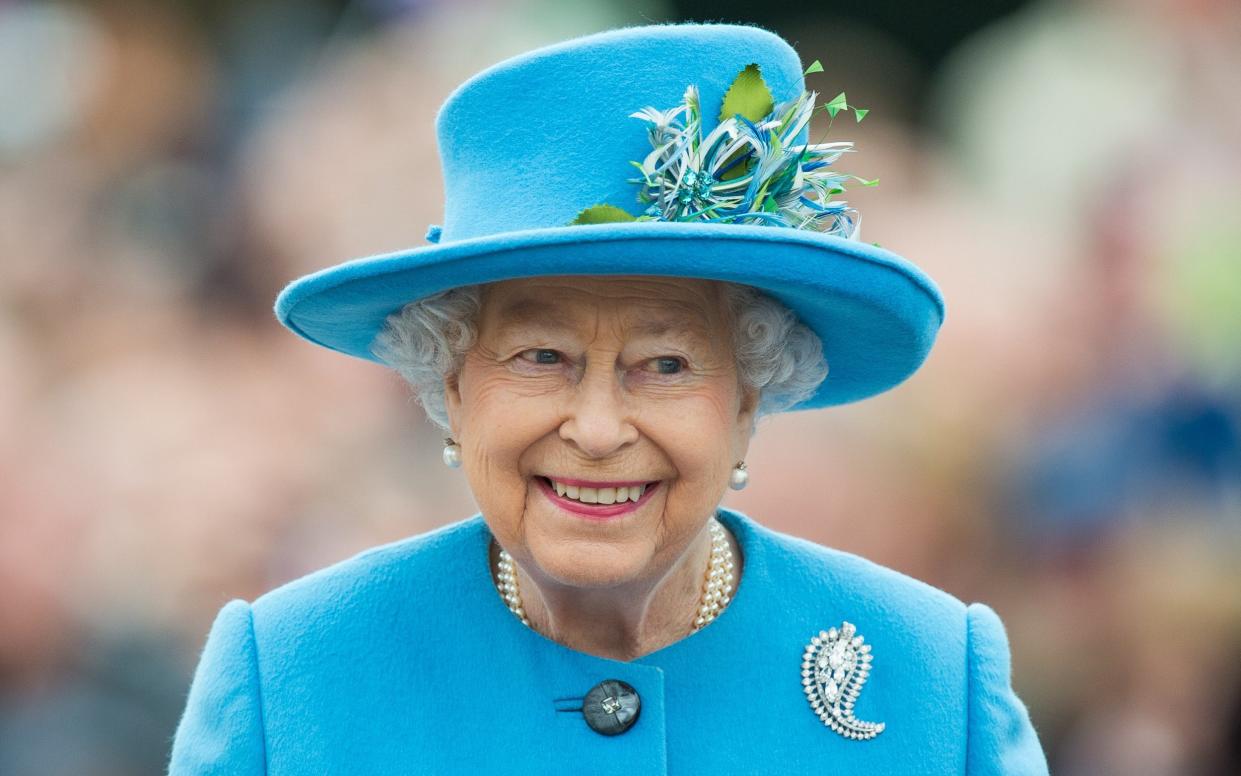Queen Elizabeth II memorial ‘must make good use of public money’

A national memorial to Queen Elizabeth II must make “good use” of public money, her former private secretary has said.
Lord Janvrin, one of the late Queen’s most loyal and trusted aides, will chair the committee tasked with choosing how best to commemorate her. The committee meets for the first time at Buckingham Palace on Monday.
The 77-year-old acknowledged that the national memorial must be modern enough to engage future generations, appealing to both young and old. The public will be invited to have its say, most likely through feedback rather than a vote.
Lord Janvrin said: “The committee will be very alive to the current economic situation and very aware that, in moving forward with this project, we need to take that into account.
“That said, I think there is widespread support for some kind of memorial and I think it’s our duty to try and match that expectation by being very clear about good use of public money.”
He said his team would be guided by the monarch’s “relentless common sense” and “practical approach”, adding: “I think that the Queen herself, who I worked with for 20 years, always thought it was not the place for her to be at the sort of cutting edge of fashion.
“But we need to have produced some kind of memorial that will engage people in the future. Somehow, we’ve got to mix tradition with modernity. And we have in both the structure – the monument – and the legacy, quite a canvas to try to engage younger people and the whole nation.”
The committee will make recommendations for both a permanent memorial and a national legacy programme to be announced in 2026 – which would have been the late Queen’s 100th birthday year.

Appointees include Baroness Amos, the Labour peer, Sir William Shawcross, the Queen Mother’s official biographer, and Alex Holmes, an anti-bullying campaigner and the deputy chief executive of The Diana Award.
Lord Janvrin, who worked at Buckingham Palace from 1987 until 2007 and was appointed as the late Queen’s private secretary in 1999, described the committee as “a very talented group of people with a wide range of expertise, experience and contacts to manage this important national project”.
The independent body has been tasked with considering and recommending proposals to the King and the Prime Minister over the next two years. Charles, 75, is taking a “very close interest” in the project, and other members of the Royal family will be consulted.
One of the committee’s first duties will be to consult experts in relevant fields in Scotland, Wales and Northern Ireland to ensure that knowledge from across the UK is shared. Further appointments will be made to the committee in due course.
Describing the importance of establishing a national memorial, Lord Janvrin added: “The Queen was our longest-reigning monarch. She was there during a period of huge social and economic change.
“I think it would represent the feelings that were so evident at the time of her funeral if we had a significant national memorial to her memory, both in terms of the monument and a legacy programme. There was a real sense in those days after her death of just how important she had been and the contribution that she made to the life of the nation.”
The Government has said it would support the proposals, but also consider other funding options as the project develops.
The committee is aware of the pitfalls of previous royal tributes. The Diana, Princess of Wales Memorial Fountain in Hyde Park was plagued by problems including spiralling costs, flooding, faulty pumps and injuries to visitors who slipped while paddling in the water.
Lord Janvrin said: “We can learn from previous experience and, indeed, we are preparing to look closely… I think there’s quite a lot of experience to draw. We really do have a blank sheet and no one has at any stage said this is ruled out.”

